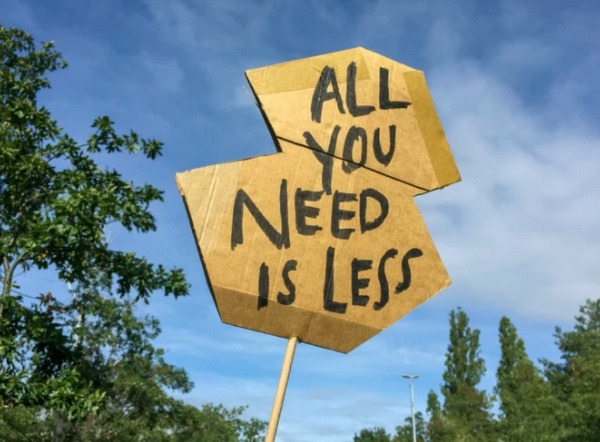When you’re already struggling to get your work done in a 40-hour week, an 80-hour work week must make it much easier to get everything accomplished. Or does it? Some argue that devoting the extra hours helps them advance their careers faster. Others say they’re far more productive and might even try a week on, week off approach.
Before you push your personal life to the side and work 16-hour days, you need to know whether working twice as many hours as the average employee is actually beneficial.
Elon Musk Does It
It’s not uncommon for those in the tech industry to admit to working long hours and rarely sleeping. Trying to stay competitive means a lot of extra work. However, I think we can all agree that even though Elon Musk is brilliant, he’s not always at the top of his game, even when he said he scaled back his 120-hour work week to just 80 to 90 hours.

Janet Kennedy, the founder of NYC Sleep Doctor, said this approach is unsustainable and doesn’t leave your mind at peak performance. Translation: working too many hours hurts your productivity instead of helping it. Kennedy stresses that your mind and body not only need ample sleep but time to wind down before resting. So just jumping in bed after a 16-hour work day, trying to sleep a few hours, then getting up to eat isn’t going to leave you feeling refreshed.
Musk actually admitted that his insane 120-hour weeks made him exhausted and hurt his mental focus. He also said working anything over 80 hours makes stress, exhaustion, and focus much worse.
An 80-Hour Work Week Hurts Your Health
If you don’t have any real interest in spending time with friends and family, you may not think an 80-hour work week is such a big deal. After all, why not be married to your career if you enjoy it?
The problem is, working for more than 10 hours a day or 40 hours a week has been proven to be detrimental to your health. For instance, working just 11 hours per day can increase your risk for cardiovascular issues by as much as 60 percent. Regularly working over 40 hours each week has also been shown to increase depression in women, weight gain in men, and substance abuse.

Businesses have found that when their employees work over 60 hours in a week, injuries increase by 23 percent. This is due to fatigue.
Of course, all those extra hours wreak havoc on your stress levels, which also affect your hormones. The combination leads to immune issues, sleep problems, memory trouble, mood swings, and much more.
You Become Less Productive
The entire point of an 80-hour work week is to be more productive, but the opposite’s actually true. The same set of studies proving longer hours hurt your health also found productivity decreases.

In the average white collar job, employees putting in 60 hours or more each week were 25 percent less productive. In manufacturing jobs, working just 44 hours a week led to a 2.4 percent productivity decrease.
Stanford University conducted a study and found productivity declines after working just 50 hours a week. Anything past 55 hours was just extra hours, as productivity was so low, participants weren’t making any real progress in their work. Obviously, the longer the hours, the worse the productivity output.
The Occasional Longer Week
If you’re an entrepreneur, you’re going to have weeks where it seems like you work 24/7. This is especially true when you’re first getting started. However, an 80-hour work week should be the exception, not the norm.

Even people at the top of their game struggle when working too many hours. Doctors make tragic mistakes when they’ve worked for several days straight. Tech experts make simple errors that lead to major cybersecurity issues.
It’s okay if you have a longer week sometimes, but limit those. Also, make sure you take a well-earned break afterward to give yourself time to recover. Even if you take weekends off, it’s not enough time to get the rest you need. Plus, you need rest every day, not just a few days each week. Sleep is essential for productivity.
Aim for Fewer Hours
While the four-hour work week that Tim Ferriss boasts about isn’t feasible for most people, Ferriss is right that working fewer hours boosts productivity. Companies throughout the world are testing shorter work weeks. From working just four days to cutting out an hour or two each day, the results are the same: productivity increases, employees are happier, and employees call in sick less.

Perpetual Guardian in New Zealand tested a 32-hour work week, giving each employee an extra day off each week. Employees were 20 percent more productive. A city in Iceland tried a similar approach. While productivity remained the same, employees were healthier, leading to less sick days.
When Microsoft in Japan opted for a four-day work week, productivity increased by a shocking 40 percent. In a country where long work weeks are the norm, this shows that a change to fewer hours weekly is better for productivity.
The takeaway: an 80-hour work week doesn’t boost productivity, despite all the hype. The key is to work smarter during your peak productivity hours to get more done in less time. Working fewer hours could be just what you need to be more productive after all.
Image credit: Flickr/Daniel Oberhaus
